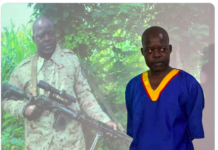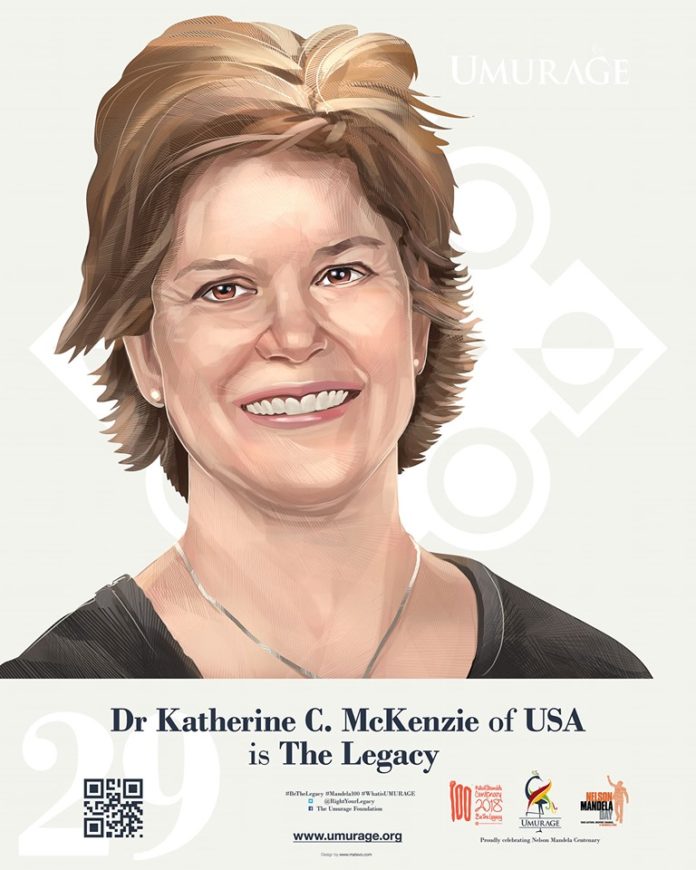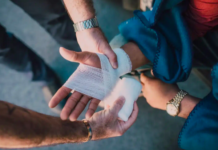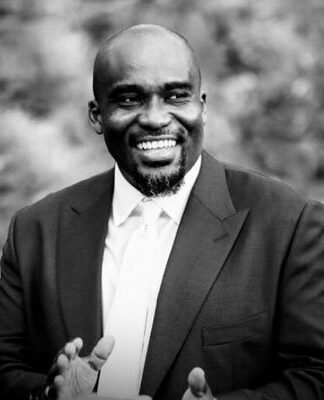Did you know the world counts more than 70 million displaced people, of which 41 million are internally displaced in their own country and 25.9 million were forced to flee abroad because of war, conflict, and persecution? Did you know that the world counts millions of stateless people who have been denied a nationality and access to basic rights such as education, healthcare, employment and freedom of movement? Did you know that half the world refugees and asylum seekers are children and unaccompanied minors?
We live in a time where nearly 1 person will be forcibly displaced every two seconds as a result of conflict or persecution. Yes, 1 person every two seconds!
Amongst that unimaginable number of women, men and children is an almost invisible minority: the victims and survivors of torture. There are no statistics on the number of victims of torture worldwide, since it is often conducted behind closed doors and it might not leave any physical scars, but researches amongst refugees seeking asylum in the United States, the country of today’s hero, estimate that as many as 44% of refugees are either primary or secondary survivors of torture. The UN Convention Against Torture defines torture as any act by which severe pain or suffering, whether physical or mental, is intentionally inflicted on a person for purposes of punishment, coercion, obtaining information, or discrimination.
Today, I am inspired by Dr Katherine C. McKenzie, an American medical practitioner at Yale University, in Connecticut. Dr McKenzie earned her Medical Doctorate at Boston University in 1992. Though she studied general internal medicine, it is her encounters with survivors of torture that led her to specialising in a very unusual field and narrow field: medical forensic evaluations of asylum seekers.
Dr McKenzie recalls when she first met an asylum seeker from Africa, whom she refers to as Charles. Charles is not his real name, as his identity is protected to respect his privacy.
“I first met Charles when I documented his scars. He planned to use my medical report as evidence in immigration court where he was applying for asylum based on the persecution he had endured for his political opinions.”
In the US and in many developed countries, when an asylum seeker claims to have been tortured, a medical doctor must examine him or her to confirm if their injuries are consistent with their story. Torture may not leave a permanent physical scar, but instead can manifest as post-traumatic stress disorder (PTSD), severe anxiety or depression, or other mental illnesses.
“Charles’ interrogators had wanted him to stop protesting against the government. So, they’d detained him after a peaceful rally and tortured him for two weeks. His captors kept him in a filthy, crowded, insect-infested cell. When they took him out of it to be questioned, they threatened his life and his family. They then beat, cut and burned him. Others captured protestors were not released. They were killed.”
Charles was lucky to flee his country and find refuge in the US. And thank God, he was granted asylum.
“As Charles told me about his experience, I couldn’t help but think of the wide variety of Americans who express their political views without fear of reprisal, of torture, of scars. Living in a country without protected free speech resulted in a different reality for Charles, as it does for millions of others around the world.”
Dr McKenzie is now the director of the Yale Center for Asylum Medicine. Her job consists at providing objective medical assessments of people who report experiencing torture or persecution in the countries from which they have fled; at times, she will be asked to testify during the proceedings.
Through her work at the Yale Center for Asylum Medicine, she works with attorneys from Yale Law School and the University of Connecticut School of Law, as well as the human rights groups such as Physicians for Human Rights, Health Right International, the American Friends Service Committee and the Connecticut Institute of Refugees and Immigrants.
Charles was the first of a long list, too long of a list, of survivors of torture she was to examine in her career.
“In the intervening years I have come across many people who have experienced human rights abuses in different forms. A woman who wanted to attend church in a non-Christian country and was attacked each time she tried. A man who lived with his male lover; they were beaten nearly to death when they went to a bar together. A woman whose husband began to abuse her regularly soon after they married; the police refused to intervene when she sought protection as they said it was a “family matter.”A woman who was forced, as a young girl, to undergo genital cutting. These individuals are seeking for themselves the rights I am fortunate to enjoy every day. They want to live in a country where they can protest against a government, worship as they desire, live safely in intimate relationships, love the person they want to.
Doctors have unique skills to help asylum seekers: they can use their medical training to document the physical and psychological scars of torture and ill treatment. Although emotionally challenging, the work offers the rewards that attract doctors to the practice of medicine in the first place. We hear stories, we lay on hands, we use our expertise to help. And medical exams can significantly increase the likelihood that asylum will be granted.”
The horrors she learned about through her work with victims of torture compelled her to try and do more than examining patients and providing the courts with her expert assessments. Over the years, Dr McKenzie has risen to be one of the most prominent voice in defense of human rights, never shying away from critizing her country’s immigration policies and their adverse effects on the rights and well-being of refugees.
“The US recently elected a president who has stated his strong opposition to giving people asylum. Irrespective of the election results, a record number of people remain globally displaced. Now more than ever, over 65 million women, men, and children need protection; this fact has not changed despite the new political landscape.”
It is one of the rare medical researchers who have almost as many scientific publications as articles featured in the mainstream media.
As you can imagine, her scientific and advocacy work on behalf the world’s most vulnerable populations has earned her several honours and recognitions amongst her peers and beyond. In 2010, she received a Faculty Award for Achievement in Clinical Care from Yale University. In 2013, she earned an award from the Society of General Internal Medicine for her Case Studies of Asylum Seekers. Since 2014 to this day, she has been featured among the Connecticut Magazine Top Doctors. In 2018 she received Yale School of Medicine’s Leonard B. Tow Award for Humanism in Medicine.
At 55 years old, she plans on continuing fighting this fight and use all that she has at her disposable to allow for asylum seekers to find a safe haven in her homeland.
She is conscious that all citizens can help elect people who share the same belief:
“As a physician dedicated to supporting refugees and asylum seekers, I will continue to vote for candidates who advocate for them.”
But she is also conscious that political change may be a long way off. In the meantime, she will continue to support refugees as they go through the asylum process:
“In my work, I have seen what it means for the United States to welcome refugees. Torture is not an abstract concept to me. In the last 10 years, I’ve been told more than 100 stories of this intentional infliction of pain. This week I will again have the privilege of entering the exam room with someone who came to this country to be free from persecution and, if their story is credible, my exam will help that person live a safer life.”
The hundreds of asylum seekers examined by Dr McKenzie and her colleagues over the years are amongst the lucky few who managed to flee their country and find asylum abroad. The majority of victims of torture will never get a chance of getting out of that experience alive, and when they do, they might never receive adequate treatment to heal from their wounds nor will they have an open forum where they can safely share their story.
Thank you Dr McKenzie, on behalf of all the refugees in the world in general and refugees from Africa in particular.
Contributor































































